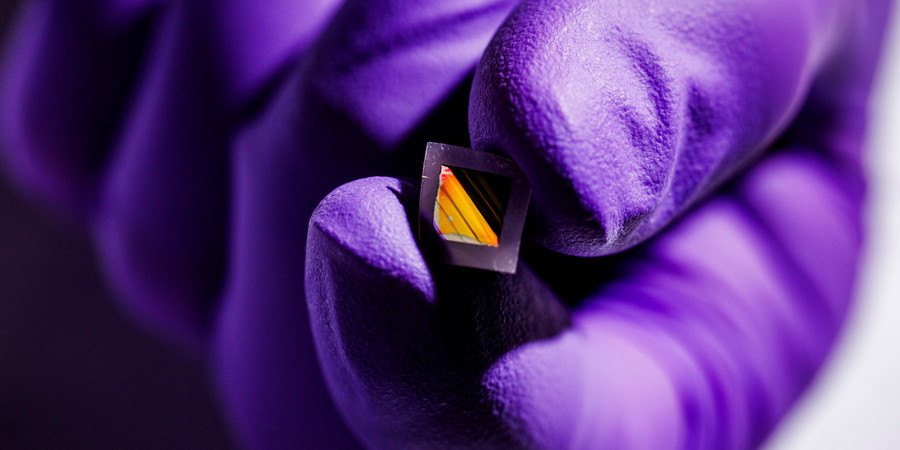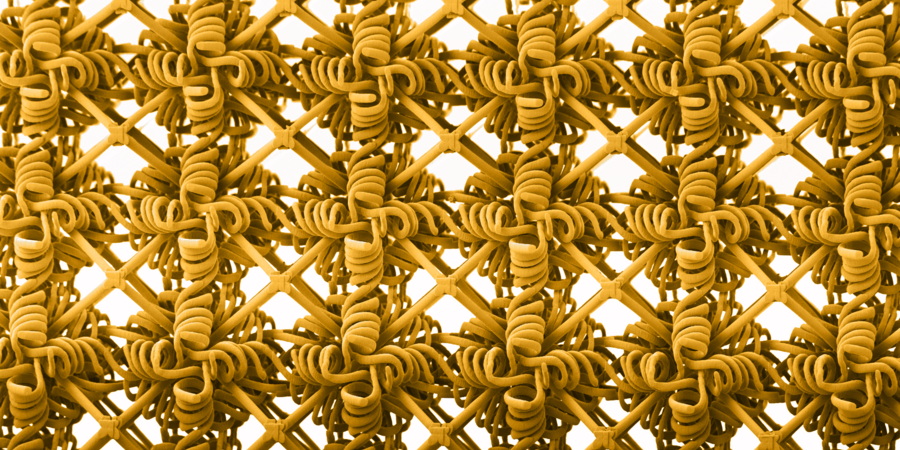Adam Zewe | MIT News Office
October 7, 2022
Computer chips are packed with billions of microscopic transistors that enable powerful computation, but also generate a great deal of heat. A buildup of heat can slow a computer processor and make it less efficient and reliable. Engineers employ heat sinks to keep chips cool, sometimes along with fans or liquid cooling systems; however, these methods often require a lot of energy to operate.
Researchers at MIT have taken a different approach. They developed an algorithm and software system that can automatically design a nanoscale material that can conduct heat in a specific manner, such as channeling heat in only one direction.
Complete article from MIT News.
Explore
III-Nitride Ferroelectrics for Integrated Low-Power and Extreme-Environment Memory
Monday, May 5, 2025 | 4:00 - 5:00pm ET
Hybrid
Zoom & MIT Campus
New Electronic “skin” could Enable Lightweight Night-vision Glasses
Jennifer Chu | MIT News
MIT engineers developed ultrathin electronic films that sense heat and other signals, and could reduce the bulk of conventional goggles and scopes.
MIT Engineers Print Synthetic “Metamaterials” that are Both Strong and Stretchy
Jennifer Chu | MIT News
A new method could enable stretchable ceramics, glass, and metals, for tear-proof textiles or stretchy semiconductors.




